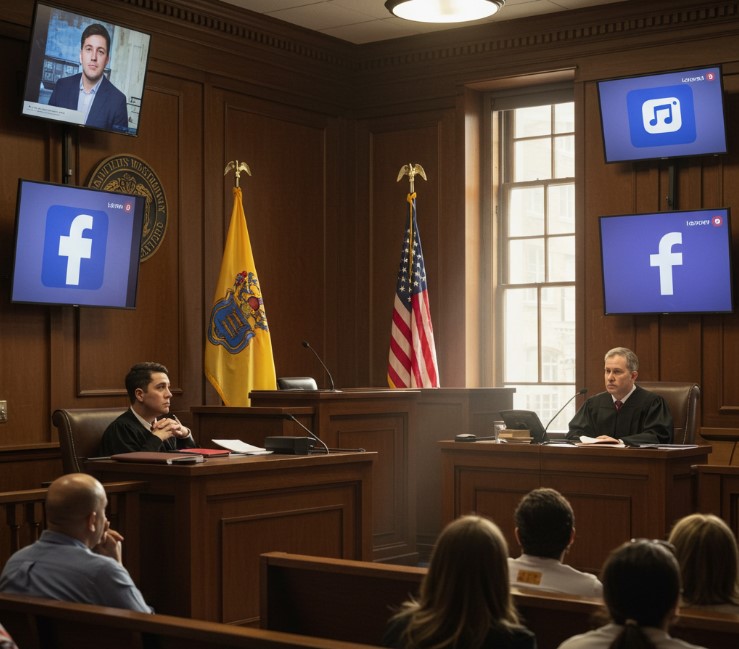Court Continues Trend of Restricting Venues Available to Plaintiffs
On June 19, 2017, the United States Supreme Court decided the case of Bristol-Myers Squibb (BMS) v. Superior Court of California San, Francisco County, et al. The Court’s decision in BMS represents another in a string of decisions limiting the concepts of general and specific jurisdiction for the purposes of acquiring jurisdiction over defendants.
BMS is a large pharmaceutical company which is incorporated in Delaware, headquartered in New York and maintains substantial business operations in New Jersey and New York. However, BMS has employees nationwide and sells products nationwide. It has five research and laboratory facilities in California, employing 160 employees. They also have approximately 250 sales representatives in California. One of BMS’s drugs is Plavix which is a blood thinner. The product is alleged to be defective and has caused personal injuries to various persons across the country. In this particular case, a group of plaintiffs consisting of 86 California residents and 592 residents from 33 other states filed suit under California law. Notably, BMS did not develop Plavix in California, did not create a marketing strategy for it in California and did not manufacture, label, package or work on the regulatory approval in California. All of those activities occurred in either New York or New Jersey. BMS sought to have the Complaint dismissed for lack of personal jurisdiction over the non-resident claims. The California Courts ultimately found that general jurisdiction was absent in the case, but specific jurisdiction allowed BMS to be a defendant because of extensive contact in California.
The Supreme Court reversed the California Court’s holding that in order for specific jurisdiction to attach there must be an “affiliation between the forum and the underlying controversy principally an activity or an occurrence that takes place in the forum state “holding” that a corporation’s continuous activity of some sorts within a state is not enough to support that the corporation be amenable to suit unrelated to that activity.” In this case the Court found absolutely no link between the state of California and BMS’s activities therein and the non-resident claims.
In assessing the jurisdictional question, the Supreme Court held that what is needed to confer specific jurisdiction is a connection “between the forum and the specific claims at issue.” Absence such a connection there is not basis of jurisdiction and thus no basis to bring non-resident claim into another state such as California.
The effect of BMS is to make it more difficult for plaintiffs with a tenuous connection to the forum state i.e., the state where the lawsuit has been started, to bring their claims in that state. Thus, the Supreme Court has made it significantly more difficult for plaintiffs to forum shop to jurisdictions that may have only a fleeting contact with the target defendant.
Author: James A. Paone, II













